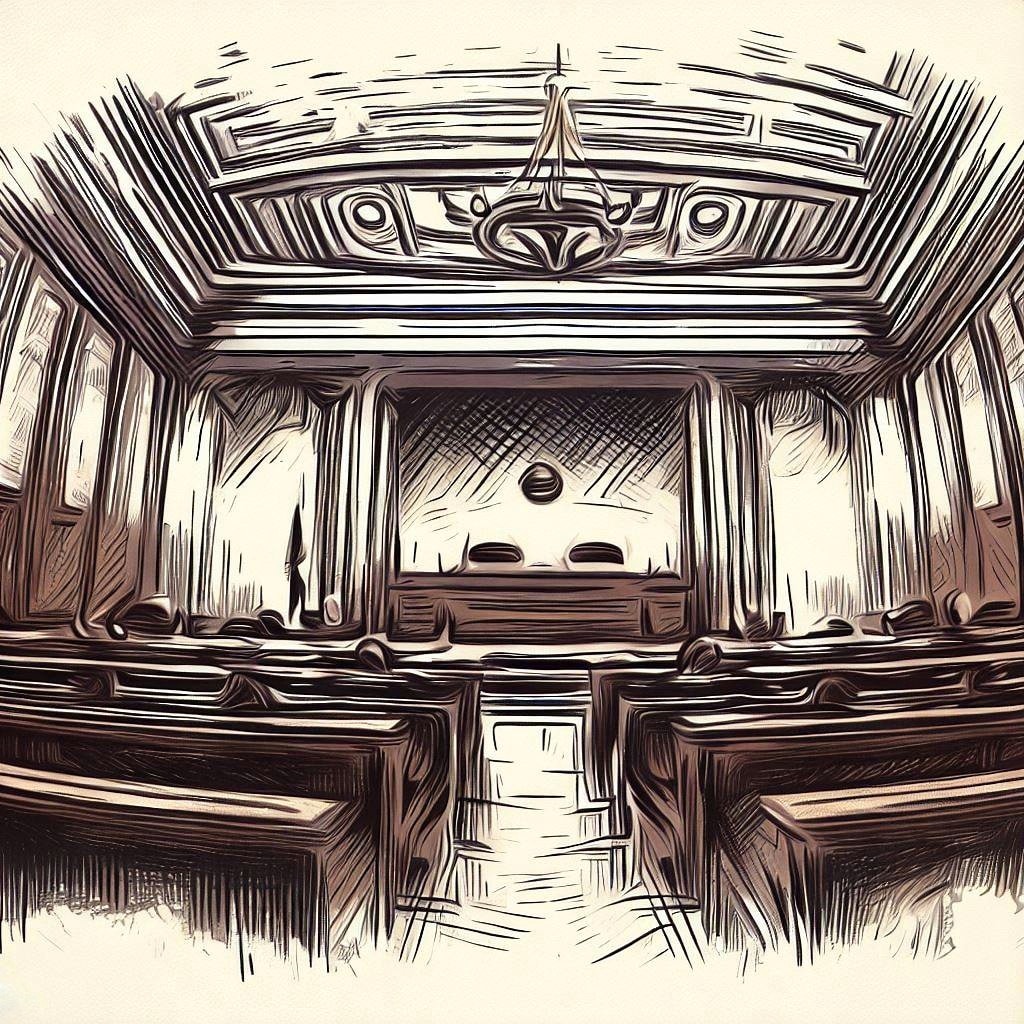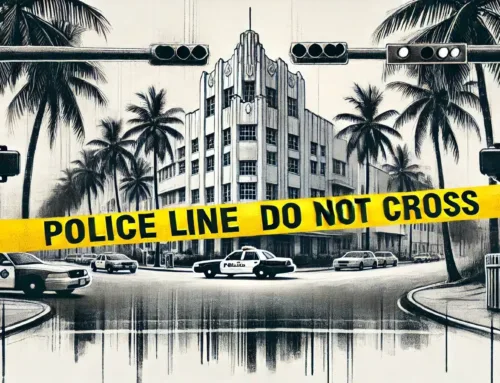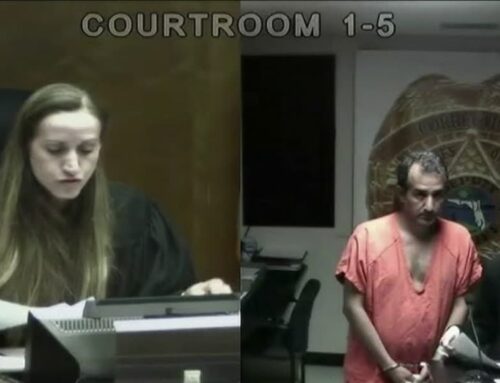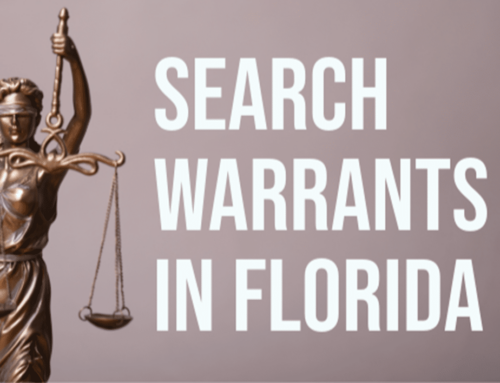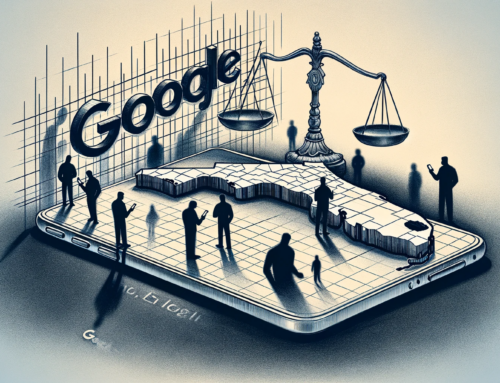Double Jeopardy: What Every Miami Criminal Defendant Needs to Know
Double jeopardy is a critical legal principle that every Miami criminal defendant should understand. This constitutional protection can bar further prosecution and prevent harsher punishment in certain circumstances. As your criminal defense attorney in Miami, I want to provide you with a comprehensive overview of double jeopardy and how it may apply to your case.
What is Double Jeopardy?
The double jeopardy clause of the Fifth Amendment of the US Constitution states that no person shall “be subject for the same offense to be twice put in jeopardy of life or limb.” This clause prohibits both successive prosecutions and multiple punishments for the same criminal offense.
In other words, double jeopardy prevents the federal government from prosecuting you again for a drug crime they already prosecuted you for. It also restricts the ability of a judge to impose multiple or harsher sentences for the same crime after sentencing has already occurred.
There are four key protections offered by double jeopardy:
- It protects against a second prosecution for the same offense after an acquittal.
- It protects against a second prosecution for the same offense after a conviction.
- It protects against a second prosecution requiring proof of an ultimate fact already decided in the defendant’s favor.
- It protects against multiple punishments for the same offense.
Understanding when and how double jeopardy applies can be complex. As your attorney, I am committed to ensuring your rights are protected.
What is Considered the “Same Offense?”
A key question in many double jeopardy cases is whether the charges involve the “same offense.” This is not always straightforward.
Clearly, two crimes with identical elements committed during a single act are the same offense. But the analysis often goes deeper than that. Florida has a statutory process for evaluating sameness:
- Offenses committed during separate criminal episodes are not the same crime for double jeopardy purposes, even if the elements are identical.
- When offenses occur within a single criminal episode, the focus is on the statutory elements, not the specific facts alleged.
- Offenses are the same if they have identical statutory elements or if one is a lesser included offense of the other.
There are some exceptions, such as the dual sovereignty doctrine, which allows both federal and state prosecution for the same act. But in most Florida cases, this statutory test will determine “sameness.”
Protection Against Reprosecution After Acquittal
One of the strongest protections of the double jeopardy clause is against retrying a defendant for a crime they have been acquitted of. This applies even if the acquittal was based on legal error or incorrectly excluded evidence.
For instance, if a judge wrongly excludes key evidence and you are acquitted at a criminal trial, the prosecutor cannot appeal and retry the case using that evidence. The acquittal stands as a bar to further criminal prosecution for that same offense.
Double jeopardy also bars reprosecution after implied acquittals. If the jury convicts on a lesser included offense but is silent on the greater criminal charge, that is deemed an implied acquittal of the greater charge.
Similarly, a directed judgment of acquittal during or after a trial based on insufficient evidence will bar retrial for that same crime. This remains true even if the judge improperly excluded evidence that would have allowed conviction.
For us as your defense team, acquittals provide the strongest shield against repeat prosecution. But we must still scrutinize the specific circumstances to be certain double jeopardy properly applies.
Protection After Conviction
A conviction or guilty/no contest plea also triggers double jeopardy protection against reprosecution for the same crime. However, there are some exceptions:
- If the conviction is reversed on appeal for trial error (not insufficiency of evidence), retrial is allowed.
- If you materially breach a plea agreement, the plea can be vacated without double jeopardy barring reprosecution.
But retrial is prohibited if the conviction is reversed specifically because the evidence presented was legally insufficient. This situation is treated the same as an acquittal.
In sum, while conviction does not provide absolute immunity against reprosecution, it offers significant protection in most circumstances. We will fully research the case law if your conviction is overturned to determine if reprosecution is permissible.
Mistrials and Double Jeopardy
Double jeopardy also comes into play when a case ends in mistrial. A mistrial is when the judge discharges the jury after trial has commenced but before a verdict is reached.
If you request or agree to the mistrial, there is usually no bar to reprosecution. An exception is if the prosecution or judge provoked the motion intentionally to gain an unfair advantage.
Without defense consent, a mistrial will only avoid double jeopardy if there was “manifest necessity” – meaning no reasonable alternative to declaring a mistrial. The Supreme Court applies very strict standards when reviewing manifest necessity.
If mistrial was improperly declared over our objection and without manifest necessity, re-prosecution will be barred as if you were acquitted. Our team will thoroughly litigate any improper mistrial declaration to prevent the trauma and expense of multiple trials.
Collateral Estoppel
Even when double jeopardy does not apply, collateral estoppel may still bar prosecuting you for a different crime. Collateral estoppel prohibits relitigating an ultimate factual issue already decided in your favor at trial.
For example, if you are acquitted of theft based on lack of evidence you took the item, collateral estoppel would bar prosecuting you for possession of the same stolen item. That ultimate issue of fact has been resolved.
Collateral estoppel can also prevent the prosecution from introducing evidence of crimes you were acquitted of during trial for a new offense. We will vigorously pursue all arguments under this related doctrine to limit evidence against you.
Sentencing and Double Jeopardy
Double jeopardy generally prohibits judges from later enhancing a sentence already imposed and underway. For example, a judge typically cannot rescind jail credit, impose a mandatory minimum, or increase restitution after sentencing.
However, there are exceptions – some we will want to educate the judge about to avoid improper enhancement, and others we must warn you about:
- If you breach a plea agreement, your sentence can be vacated and increased.
- Probation violation allows resentencing up to the original maximum term.
- Successful appeal of conviction or sentence re-opens sentencing, sometimes to a harsher sentence.
- The prosecution can appeal an illegal sentence and seek enhancement.
- Scrivener’s errors and illegal sentences can be corrected after sentencing begins.
In all matters of sentencing, we will craft thorough arguments to prevent any impermissible enhancement and protect your rights against double punishment.
Asserting Double Jeopardy in Your Miami Criminal Case
As you can see, the double jeopardy clause and collateral estoppel have broad implications in criminal prosecutions. These constitutional principles can prevent the immense burden of defending yourself twice for the same allegations.
In your criminal case in Miami, I am committed to pursuing every viable double jeopardy and collateral estoppel argument to limit prosecution against you and avoid unjust punishment. If you have any questions about how these concepts apply to the facts of your case, do not hesitate to contact an experienced criminal defense attorney. I look forward to protecting your rights at every stage of the criminal proceedings.
CALL US for a FREE CONFIDENTIAL CONSULTATION at (305) 538-4545, or take a moment to fill out our secure intake form.* The additional information you provide will greatly assist us in responding to your inquiry.
*Due to the large number of people who contact our law office requesting our assistance, it is strongly suggested that you take the time to provide us with specific details regarding your case by filling out our confidential and secure intake form. The additional details you provide will greatly assist us in responding to your inquiry promptly and appropriately.
ALWAYS INVESTIGATE A CRIMINAL DEFENSE ATTORNEY’S QUALIFICATIONS AND EXPERIENCE BEFORE MAKING A DECISION ON HIRING A LAWYER FOR YOUR CRIMINAL CASE IN MIAMI-DADE COUNTY




